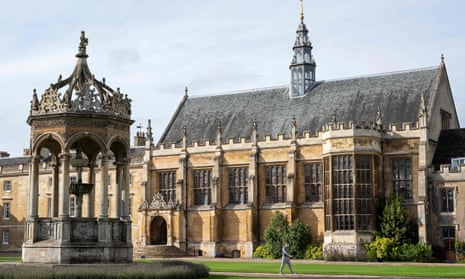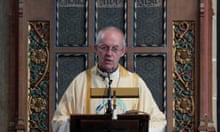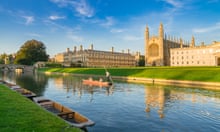A University of Cambridge college is to appoint an academic to examine its legacies of slavery.
Trinity College, Cambridge, has announced that its new legacies of slavery research and teaching fellow will investigate the college’s links to the transatlantic slave trade.
This could be through fees and bequests from students and alumni, or from investments by the college.
The fellow, who will be appointed in October, will also look into any contributions by Trinity members who opposed slavery.
Isuri Ratnayake, the ethnic and inclusion officer of Trinity’s graduate society, said: “Examining and acknowledging the college’s legacies of slavery is crucial in cultivating a culture of accountability and inclusivity.
“Only by facing our past can we pave the way towards a more equitable future, where all members of our community can thrive free from the shadows of oppression and discrimination.
“I hope that other institutions along with Trinity continue in recognising their historical ties to slavery and taking tangible steps towards repair and reconciliation.”
Dr Michael Banner, the college’s dean, said the role was a “welcome initiative” and “essential to enabling us to comprehend the extent to which the college was involved or benefited from slavery, whether directly or indirectly”.
He added: “This research will enable debate and discussion from a wide range of perspectives, both within the college community and with the wider public.”
The creation of the fellowship follows the university’s legacies of enslavement inquiry, which took place in 2019-20.
The inquiry found that the university gained “significant benefits” from the transatlantic slave trade, although it found no evidence that the university owned enslaved people or slave plantations.
after newsletter promotion
“The research found no evidence that the university directly owned slave plantations or slaves. However, it identified significant benefits to the university and its colleges arising from investments in companies that were participants in the trade, from individual benefactors, and from fees derived from the families of plantation owners,” the university said in its announcement of the publication.
Recommendations were made for the establishment of a research centre at Cambridge and for funding for new partnerships in Africa and the Caribbean, including Cambridge Caribbean scholarships.
Trinity College has promised to donate £1m over five years to those scholarships, enabling up to three students from the Caribbean to study a masters at Cambridge each year.
Two PhD studentships will also be available during the five-year initiative, which begins in October.










